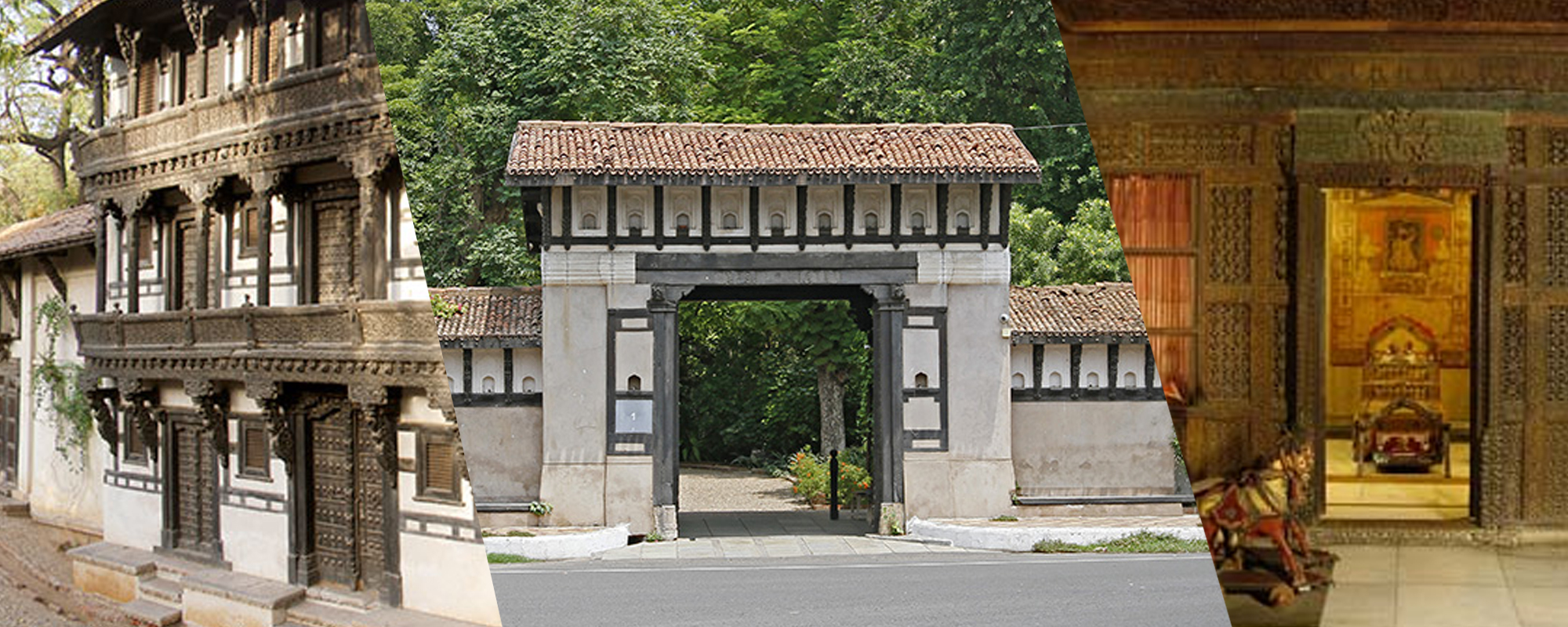
Travel back to the ancient times and witness the varied species of animals, birds, insects, plants and their parts in the form of fossils in Wadia Museum of Natural History located in Jammu in Jammu and Kashmir state. Stocked with a mesmerizing collection of fossils, Wadia Museum of Natural History is one of the must-visit places in Jammu.

Timing: 9:30 am to 5 pm (Saturday & Sunday closed)
Location: University of Jammu, Gujarbasti, Jammu, Jammu and Kashmir
Entry Fees: Rs50
The City of Temples Jammu is known for many different things such as temples, its stunning surroundings, and panoramic views but one thing that the state is not famously known for is the museums. Jammu has numerous informative and creative museums that are known to a very low population and one such museum is the Wadia Museum of Natural History which is a must-visit place when in Jammu.
Established in 1912 in the Geology Department of erstwhile Prince of Wales College Jammu (now G.G.M. Science College), Wadia Museum of Geology or Natural History was named after Dr. D.N. Wadia, also known as Father of Indian Geology, he was one of the most significant geologists in the early 20th century. The museum still has its original setting intact except for the few changes in layout the department has made where the finest and most impressive assortment of fossils, minerals, geological maps of the early period, topographical maps, models, equipment, photographic materials, meteorites, zoological specimens, and several other kinds of implements and tools are displayed that are significant scientifically and historically as well. The archives in the museum contain an extensive range of books and journals of the early twentieth century. The exhibits are showcased in different sections such as radioactive mineral section, mineral section, rocks section, fossils section, precious and semi-precious mineral section, antique section, and sea life section.
Specimen of fossils from different countries, the Shivaliks, and many other parts of India such as an 11-foot-long tusk is properly shown in the museum. The visitors get enthralled to see some of the optimum assortments of the ancestors of the present-day elephants, hippopotamus, horses, turtles, antlers, cattle pigs, crocodiles, fish, etc. from the Shivalik formations of Jammu. The museum also exhibits a fascinating collection of fossil plants, insects, brachiopods, lamella branches, gastropods, nautiloids, echinoderms, and ammonoids from different parts of the world. A separate section is dedicated to the fossilized shark tooth from Cambridge England which is preserved today. A fascinating yet insightful place, the Wadiya Museum of Natural History is a delightful place for people of all age groups and acts as a research institute for both students and scholars.
Copyright 2012-2022 Indiamap Digital Pvt Ltd. All rights reserved. Privacy Policy | Terms of Use